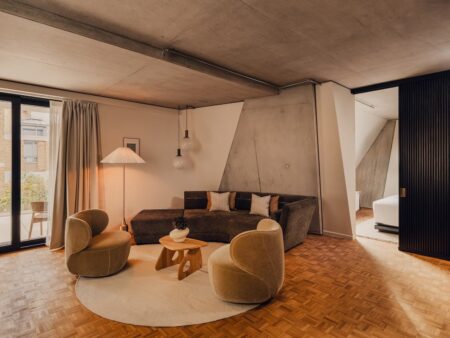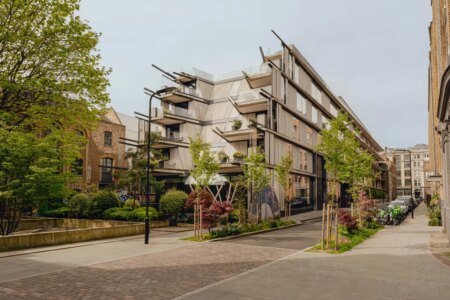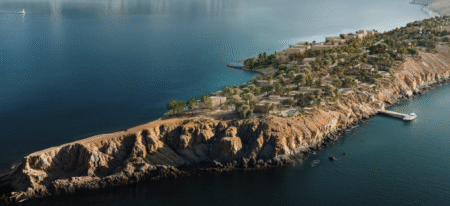As the Summer Olympics draw near, Parisians express a blend of enthusiasm and concern, debating the potential benefits and challenges of hosting the games amidst logistical and environmental worries.
Parisians Debate Merits and Drawbacks as 2024 Olympics Approaches
The 2024 Summer Olympics, set to commence in Paris shortly, have sparked a complex mix of sentiments among the city’s residents. Scheduled to open in less than two weeks, the games promise to be an unprecedented global gathering, bringing both enthusiasm and apprehension.
Concerns about the logistical challenges have been palpable throughout the year. The chief worries centre around the ability of the city’s infrastructure to withstand the influx of visitors, cleanliness of the Seine, the impact on daily life, and most crucially, security. The well-documented pessimism among Parisians is contrasted with tempered optimism, and opinions remain divided.
Nathalie, a bartender who works in the 10th arrondissement’s café Les Acolytes, believes that Parisians generally have a pessimistic outlook. She is looking forward to welcoming international visitors and sees it as a positive opportunity. In contrast, regular customer Johnny, a 32-year-old marketing professional, highlights the potential logistical nightmares, expressing skepticism about Paris’s ability to cope with increased population pressure on public transport and the possible impact on the city’s romantic image.
Damien, a high-school maths teacher from the 13th arrondissement, is enthusiastic about the Games but troubled by ticket prices, the displacement of homeless individuals, and the environmental impact. These concerns echo broader public discourse on the true cost and benefits of hosting the Olympics.
From an official standpoint, the preparations have emphasised sustainability and legacy. Rather than constructing an array of new buildings, Paris 2024 has largely focused on renovating existing venues, such as the historic Grand Palais, and developing only a few new structures in lower-income areas. These new constructions, including an arena and an aquatic centre, will serve the community post-Games. Additionally, 30% of the Olympic village in Saint-Denis will be converted into public housing after the event.
Infrastructure enhancements linked to the Games include the €42bn Grand Paris Express, a project that entails over 120 miles of new automated Metro lines connecting the suburbs and city centre to both airports. These upgrades, while essential for the Games, address broader urban connectivity needs.
Another central project has been cleaning up the Seine, a move that has seen tangible improvements despite prolific public scrutiny and protests. Environmental efforts culminate in an ambitious sustainability plan, with the organising committee aiming to produce the greenest Games yet. This plan promises a reduced carbon footprint, at 1.5 million tonnes of CO2, significantly lower than London 2012 and Rio 2016.
Thomas Bach, president of the International Olympic Committee (IOC), highlighted the importance of sustainability in a recent interview, noting the substantial threat climate change poses to all aspects of life, including sports. He affirmed the IOC’s commitment to reducing the environmental impact of the Games through sustainable practices.
Davina Chang, owner of the Bing Sutt coffee shop in the Marais, represents another layer of local concern. Despite recognising the unique privilege of living in a host city, she is uncertain about the actual economic benefits for her business amidst the disruptions.
Economic projections suggest a €9bn boost to the Paris region, contingent on visitors extending their stay beyond the Games. While this figure could balance the financial impact of hosting, it underscores the intrinsic economic gamble cities take when agreeing to host the Olympics. The ruins of Athens 2004 still serve as a cautionary tale about the risks associated with such one-off events.
A recurring sentiment among some Parisians is the consideration of establishing a permanent home for the Olympics, similar to the ancient Greek practice. A fixed location, such as Athens, could mitigate the recurring costs and disruptions each new city faces and create a sense of permanence and sustainability.
As the countdown to the Paris 2024 Olympics continues, the city stands divided. Optimists look forward to a global celebration on home turf, while sceptics remain wary of the potential pitfalls. The outcome, as always, lies in the execution and subsequent legacy of this storied international event.




















